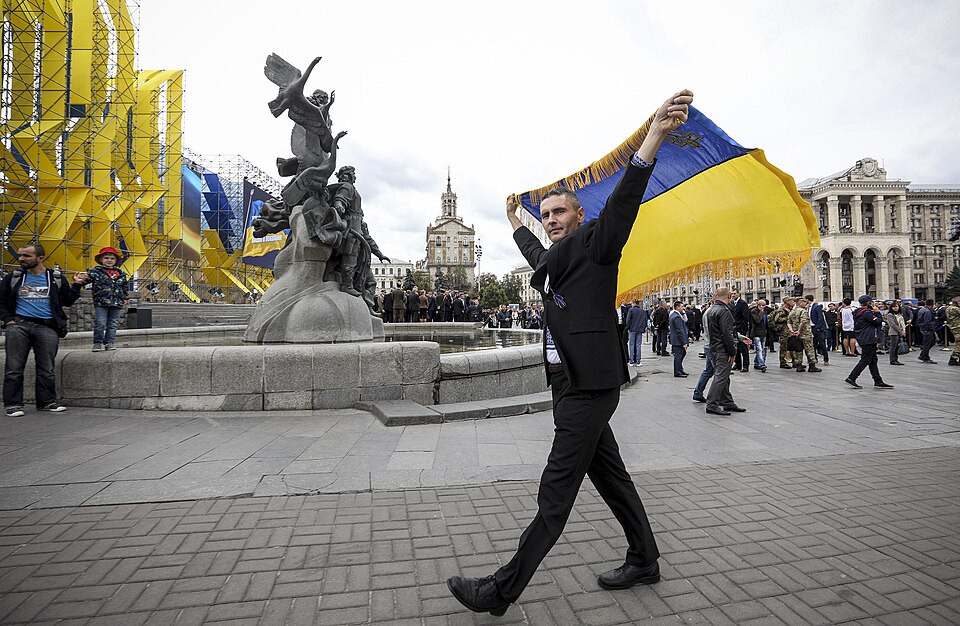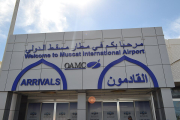
On Ukraine’s Independence Day, the British Government announced that its military training programme for Ukrainian troops will now run until at least the end of 2026.
The extension of Operation INTERFLEX—a UK-led training mission—comes as Ukraine continues to defend itself against ongoing Russian aggression. Defence Secretary John Healey said the goal is not only to help Ukraine fight today but also to ensure its Armed Forces are strong enough to deter Russia in the future.
“On this special day for the Ukrainian people, we are ramping up our support,” Healey said. “A secure Ukraine means a secure Europe. That matters to Ukraine, and it matters to Britain.”
From basic training to leadership
Since the programme began, over 50,000 Ukrainian soldiers have been trained in the UK, making it one of the largest initiatives of its kind in the world. Thirteen other nations are also contributing to the mission.
What started as a five-week basic infantry course has now expanded into a seven-week programme that includes specialized leadership and instructor training. New courses focus on preparing soldiers to lead at platoon or section level, as well as teaching them to become trainers themselves—ensuring Ukraine can build its own military capacity for the long run.
Feedback from Ukrainian soldiers has been strong. A recent survey found that 83% of leadership trainees felt more capable of keeping their troops safe after completing the course, while 93% said they were more confident in leading effective combat operations.
Artem, a Ukrainian soldier currently on the leadership course, expressed gratitude for the training:
“I am very grateful to the UK for supporting the people of Ukraine in their struggle for independence and identity as a nation. I am grateful for the opportunity to take such courses, for the high level of professionalism of the instructors, their dedication to their work, and for their ability to organise both group training and find an individual approach for each of us.
Instructors ensure that classes are conducted in conditions as close to real-life as possible, whether it be in trenches, in a forested area, or in an urban area. I learned how important it is to be prepared for coordinated actions in conditions of increased danger, how to properly coordinate personnel during defence, and planning offensive actions. I learnt how to survive in conditions of minimal support and improve first aid skills”.
A shared fight for security
The UK sees its support for Ukraine as directly tied to its own national security. By helping Ukraine resist Russia’s invasion, Britain is also working to prevent wider instability in Europe and protect its own economy from the disruptions caused by the war.
So far, British support has included not just training, but also billions of pounds in military aid. This year alone, the UK is spending £4.5 billion—the largest contribution yet. Earlier this year, Prime Minister Rishi Sunak announced a £1.6 billion deal to supply over 5,000 air defence missiles, creating hundreds of jobs in the UK. Britain is also ramping up drone deliveries, with plans to supply 100,000 by the end of 2025.
Looking toward peace
While fighting continues, diplomatic efforts are also underway. Recent meetings in Washington brought together leaders from the US, UK, France, and Ukraine to discuss peace negotiations. At the same time, the UK and France are leading the “Coalition of the Willing,” a group preparing plans for a multinational force that could support Ukraine if a peace deal is struck.
For now, though, the priority remains ensuring Ukraine can defend itself. British officials stress that the extension of Operation INTERFLEX is about building long-term resilience—so Ukraine’s forces remain strong, even after the war ends.
Defence Secretary John Healey MP said:
“The UK is united for Ukraine. We will continue to step up our support alongside allies, so that Ukraine can defend today and deter tomorrow. In the face of ongoing Russian attacks, we must put Ukraine’s Armed Forces in the strongest possible position. And as the push for peace continues, we must make the Ukrainians into the strongest possible deterrent to secure that future peace.
On this special day for the freedom and democracy of the Ukrainian people, we are ramping up and evolving our world-leading training support that has given more than 50,000 Ukrainians vital combat skills.
This matters to Ukraine and it matters to Britain. A secure Ukraine is a secure Europe. From learning lessons from the battlefield to strengthen our own Armed Forces, to deepening our military industrial collaboration supporting jobs across the nation, Britain and Ukraine are growing closer than ever before”. Photo by President.gov.ua, Wikimedia commons.







































